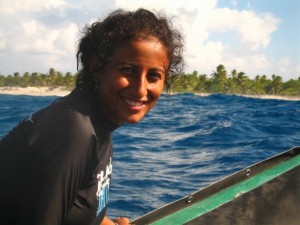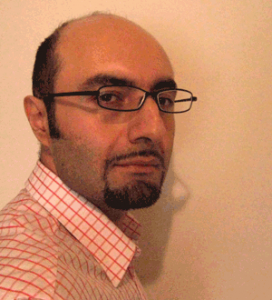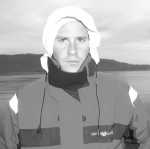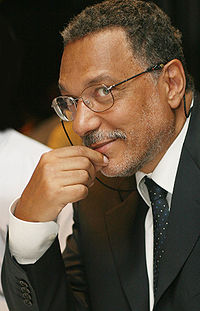 Dalal has always had an affinity for the ocean. Born and raised in Kuwait, she spent her youth exploring the coral reefs, mudflats and sea grass beds of the Persian Gulf. In 1991 she witnessed first hand the devastating effects of war on the local environment and vowed to do everything she could to restore it.
Dalal has always had an affinity for the ocean. Born and raised in Kuwait, she spent her youth exploring the coral reefs, mudflats and sea grass beds of the Persian Gulf. In 1991 she witnessed first hand the devastating effects of war on the local environment and vowed to do everything she could to restore it.
After graduating with BA in Environmental Studies from Middlebury College, VT, Dalal received a Watson Fellowship to travel to Panama, the Bahamas, New Zealand, Fiji, Palau, the Seychelles and South Africa to research the extent to which cultural context influences elasmobranch conservation efforts. Armed with nothing but a 5kg backpack and 20kg of SCUBA gear, she spent a year backpacking solo, logging over 200+ dives, and coming face to face with bull sharks, tiger sharks, great whites, and giant mantas. During this time, she also slept on 66 different beds, ate 9 jars of peanut butter and took 5, 538 photos.
She briefly returned to the “real world,” working as a research assistant to Dr. Jeremy Jackson at the Scripps Institution of Oceanography, where she investigated the environmental and economic effects of the “rats and cockroaches” of the ocean, (i.e. the invasive species that will become permanent components of ecosystems).
Dalal comes to the Sea Around Us to work under the supervision of Dr. Daniel Pauly. Her research interests lie in the historical marine ecology of the Persian Gulf. Through a variety of historical documents she hopes to assess and quantify changes in the distribution and abundance of marine species in the Gulf, in order to establish more accurate baselines from which to measure changes. Her main goal is to understand the relationship between social history and changing marine environments in hopes of more successfully managing marine resources.








 B.Sc. Hons. (James Cook University)
B.Sc. Hons. (James Cook University)